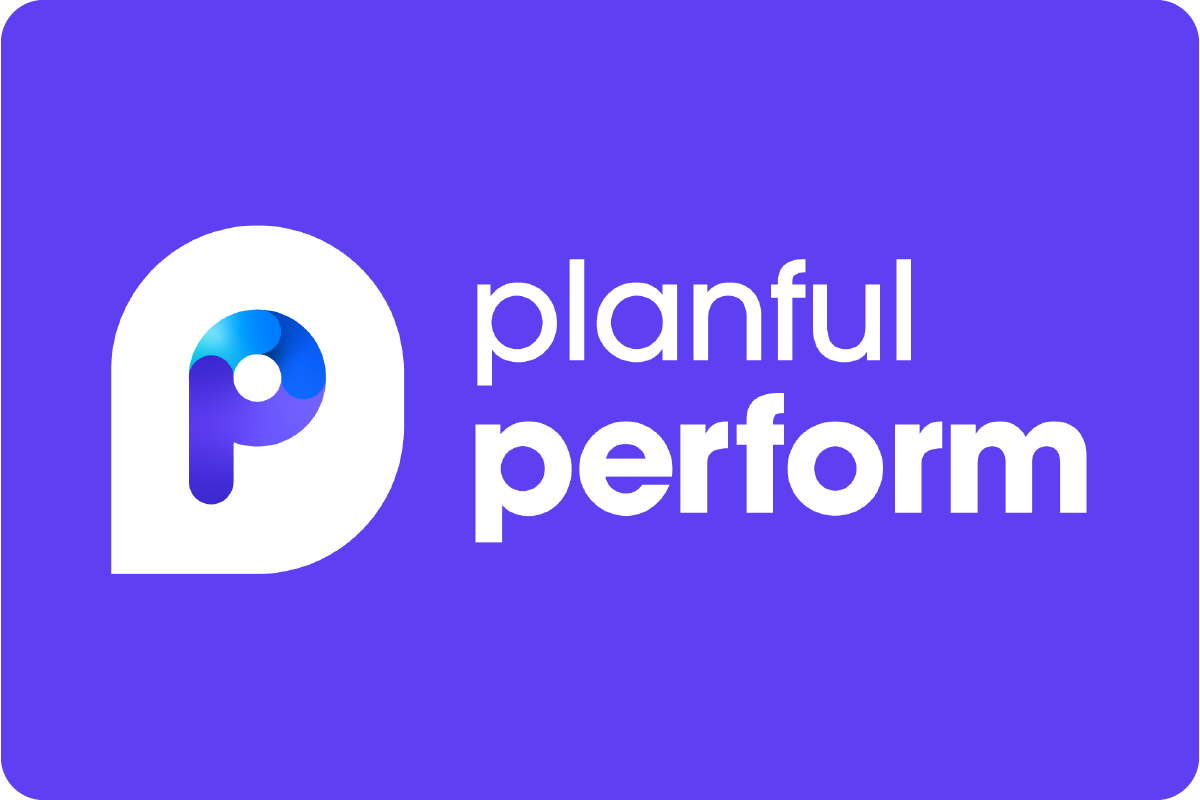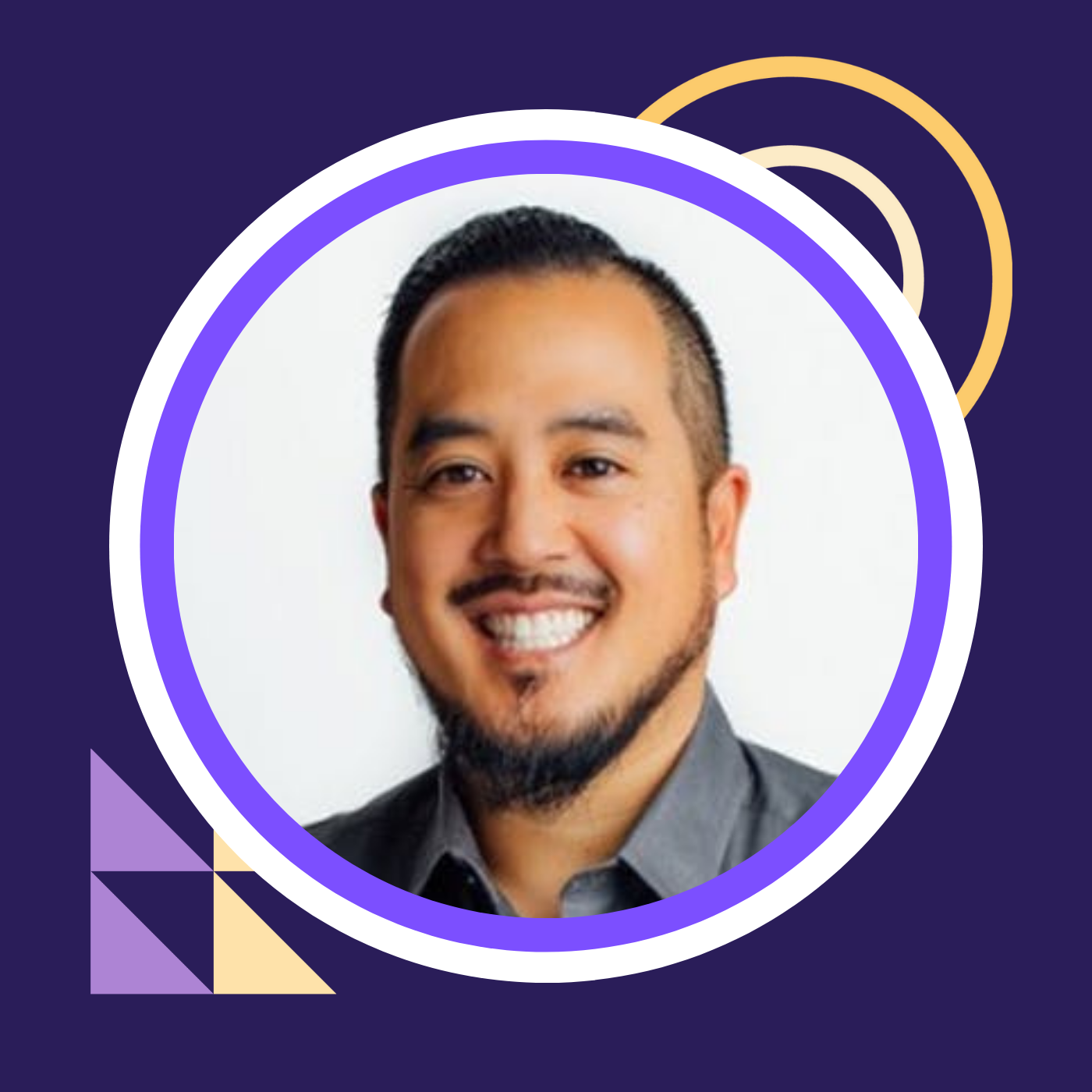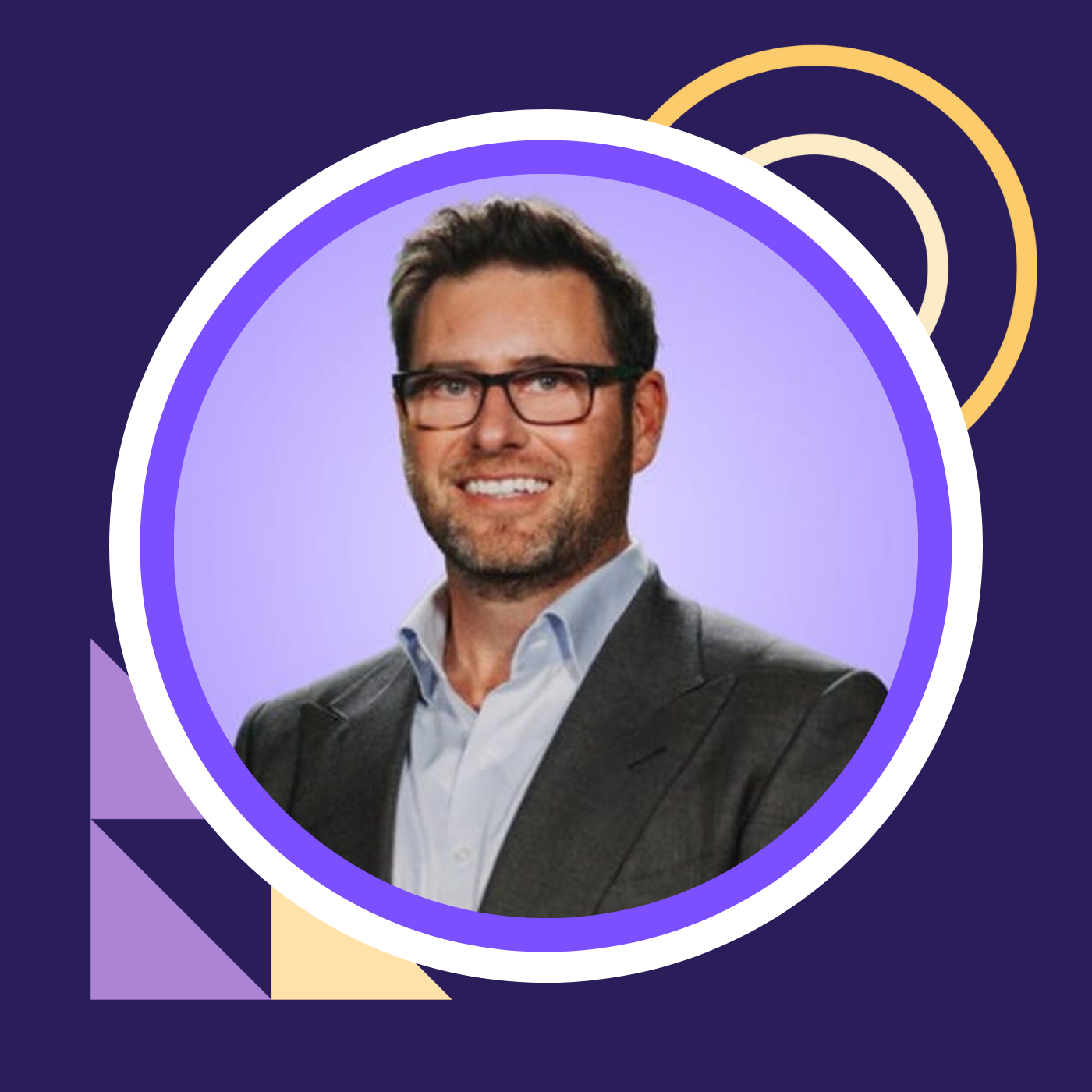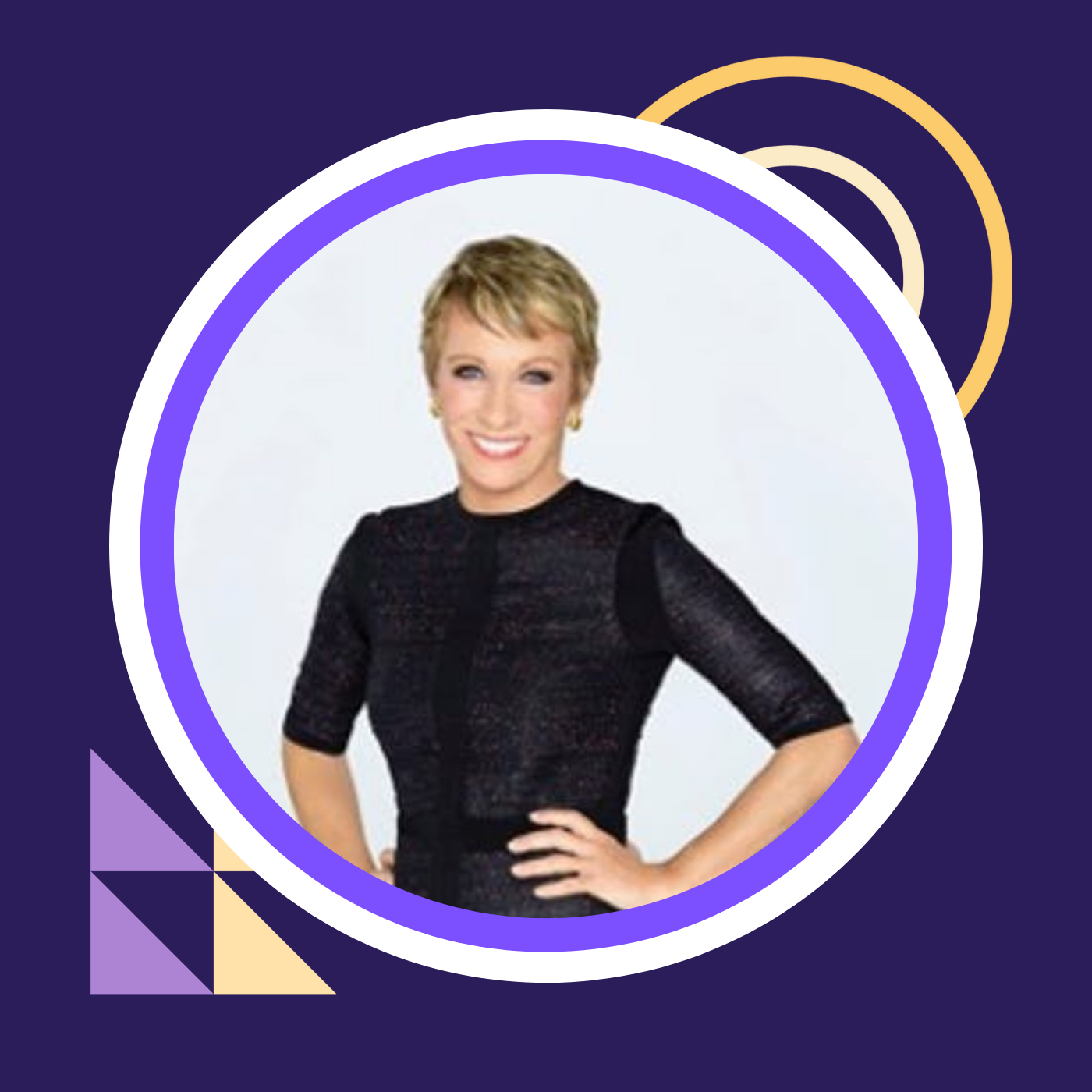Focusing on Culture in the Office of the CFO | Erik Nakamura
- 0.5
- 1
- 1.25
- 1.5
- 1.75
- 2
Erik: I'm going to tie this in to show that super important that building culture is something that's key to the DNA of a company to also reduce cost, at the end of the day, be more efficient, right? So, what I want you to get out of this session is focusing on culture, what does that mean to you? Culture is thrown out as a word that's very ambiguous. Culture can mean something to you, different something to Devin, to Jonathan, very different definitions. So understand what do you look for in a culture and at a company what do you want to build as the culture? I'll talk about what I look for, what I try to do in a company and what I try to build and my pillars. But I think it's time for us to ask those questions as employees and as an employer, as a company at the end of the day. I'm Erik Nakamura, CFO of Orange Comet. We are an NFT blockchain crypto company. Very, very interesting space. If you haven't heard, it's pretty hot right now. We are building NFTs for the web three metaverse, at the end of the day and I was just telling some of the guys here, I was in NFT LA about a month ago, or maybe about two months ago and it was a conference, a great conference. So, you had your VC guys in their jeans, they're button up, and a Patagonia vest. Very VC, like I'm going to go raise some capital, right? And then, you have your PE guys in loafers and jeans, button up and a sports coat. And then you had your NFT, crypto natives in their bunny costumes and pink wigs and they're giving out weed. So, it was very interesting to see the different dynamic of bringing traditional finance with DEFY. And the way that world is going and it's changing and evolving, it's coming very quickly. And so, I'm really excited about what we're doing at Orange Comet. If you don't know about us or what we do, check our website out. We sell NFTs to start out with. We want to use the blockchain technologies to disrupt antiquated older industries, maybe real estate, healthcare, using it to get around some of the bubbliness of NFTs, because I think the blockchain technology is super smart. NFTs and crypto assets are vehicles on the blockchain at the end of the day and we're using that to generate revenue and build the web three metaverse and many metaverses that we're going to link together with our crypto coin that'll be interoperable together. All Right, so we talk about culture, company, DNA, what my pillars are, great people, business potential and execution ESG impact and initiatives. So what does culture mean to you? Anybody? Jonathan, what's culture mean to you? People, important. People, good. What does culture mean to you?
Speaker 2: Shares, norms and values.
Erik: Shares, norms, and values. Great. The values. Key, right? What does culture mean to you? Anybody over here? It's okay. The feel of the atmosphere, right? You see, we got very different answers from each person, right? So again, you have to identify first what does it mean to you and how do you build that into a company? If you're not able to articulate it or crystallize it into what it means, it's very hard to develop that. Does that make sense? And I'm asking these questions, because I want everybody to ask these questions of yourself, right? Ask this and demand this from your companies or demand that you build this culture that I want to be a part of, right? Because building great cultures will lead to success, right? And we'll get into that. What do you look for in a company? If you're out looking for a job or let's say right now, you say," I want to go find the best company I want to go work for." What would that be? What would you want out of it? Think about not where you currently work or maybe it is the best company is where you currently work. I won't tell your boss. I promise, but what do you look for in a company? When you go out to go find a job, what are your pillars and what are you asking for yourself? Yeah?
Speaker 3: Work- life balance.
Erik: Work- life balance, right? You'll see. I'll say it a little later. We don't work to live, we live to work, right? Work- life balance. What do you look for in a company? How do you treat people? Very key, right? And I'll talk about this in a little bit too, people don't leave a product or a service, they leave their boss or leave the people they work with because they don't feel appreciated, right? Chung, what do you look for in a company? What's that? Well, I know you're hiding back there so I figured I call on you.
Speaker 4: What was the question again?
Erik: Come on, pay attention, man. Geez. What do you look for in a company?
Speaker 4: inaudible
Erik: Right. Good boss. Good culture. Work life balance. How you treat people. These are all important things. They're very soft things, but as finance folks, we can quantify some of this into numbers and report on this as well. For me, I look for three things, three pillars, and I don't negotiate these because I think this is, in my 22 years of my career, it's done very well for me to focus on. And the last one, a little more sexy and more recent, but I think... You want to work with great people. People is a common theme when we talk about values and culture, right? You want to work with people you trust, you like and you respect. Hands down. You want to be able to talk to people and trust them, right? If Devin says, he's going to go do something, he's going to go get it done. I trust him, right? There's no subversive. There's no angle he's taking. I respect him too. And I actually like him. I want to work and have fun because we spend a ton of time at work, right? So you want to work with people you trust, like and respect. And if you have that, you can have tough conversations with people. I can say, or Daniel could come to me and say," Erik, you're an asshole. Quit being an asshole." Right? And so, because we have that communication, if we didn't have that trust, he couldn't say that to me because..." Well, what's his angle? I don't like that guy." Right? It's very important to have that. As a CFO, I have to have that with my CEO. We have to be like this. And I just took a company prior to Orange Comet through inaudible process. And the CEO was not maybe someone that I had trust, like and respect for. And so, I left after the spec process. I knew I cannot be a public company CFO with the CEO I didn't trust. I'm not going to jail for anybody in orange, it does not look good on me. I'm telling you. Right? So, I think it's important that you have this and understand don't negotiate this, work with great people, understand that you want to work with great people and demand that. Go through the interview process, go meet them, have dinner with them. What do they like to do on the weekends? Understand who they are so you can align yourself. Are these the people I want to create a relationship with? Before I went to Orange Comet, we're fully remote. All my interviews were through Zoom. I asked the executive team. I was like," Can we go meet for dinner? I want to meet you guys together. I want to see how you interact. I want to see how you guys treat each other." And observe that and see that because that will tell you about trust, like and respect. Next one is important about the business. It's business potential and execution. What is their Tam? What problem are they solving? What's the value prop? And very importantly, is there a pathway to execution? I think we don't ask that sometimes. Let's say for example, SpaceX or flying to space, I think the Tam and potential's huge, but the pathway to execution to create a lot of revenue in the next two to three years is not very high because to fly to the moon is going to cost$250, 000 a person or whatever it is, right? So I think it's a great TAM, but the pathway execution is tough. You want to ask that and see how you can be part of that as well. And the last thing that's a lot more sexy and being focused on now is ESG impact and DEI initiatives. I, myself, as a minority, I have four sons. I want to use my platform to create great cultures and ESG impact for the future. If we want to disrupt industries, we have to get different sets of views and ideas. We can't be the same person over and over again. If we want to disrupt ideas, we have to have... We want women on the board. We want women in the executive room. We want people of color there. Because they have different sets of views and ideas and that's how you create innovation. If you hire the same people that look like you over and over and over again, you're going to get the same outcomes. We have to go and do this and we have to go talent source different women and people of color, period, because they're not going to come to the companies, we have to go find them. If you look at any company's executive team or their board, is it mostly generally white males? And if you're a woman or person of color, you think you'd have success there or not? All things being equal, if you had an executive team that had women and people of color on it and you had all people that weren't, where would you want to go? So, we have to go out there and source women and people of color. And not only the social piece, but environmental, Mental health, governance, what are these other things that we're doing to help build a better culture and report on it and create stickiness for our employees? And I'll talk about that in a bit. Does that make sense to everybody? Three pillars, so, what I want you to get out of this is ask yourself," What are your three pillars?" Or" What are your five pillars?" Or" What are your non- negotiables you need to ask when you go look for a job?" And also as you build a company, what do you want to build in that culture of that company? We have a couple quotes we have here. First one, success is not the key to happiness. Happiness is the key to success. If you love what you're doing, you will be successful. Does that resonate with everybody? It kind of makes sense, but we get caught up sometimes so much in our daily lives or work, we forget about being happy. In my career, I've been lucky enough that I didn't worry about maybe money or titles, I worried about being happy and that stuff came along with it. I think that takes care of itself if you're somewhere happy, because you're going to be successful and you're going to be driven. Talked about earlier, we work to live, we don't live the work. When I die, on my tombstone I don't want it to say CFO. I don't want to say, NFT CFO. I want to say a good father, good husband, good friend. A good person. I think it's important to your work- life balance, that's key. And as your company, do they understand that? And as you all know, I'm sure, if you work in a company where you're being forced to work late hours or whatever, every time your finger touches a keyboard, you get more pissed off, right? Every time you're like," I don't want to do this." You're not having fun and you're not successful. But if you love what you do, you will do it anyways because you want do it. No one's telling you to do it. I'm going to work tonight because I need to put this together for this presentation for tomorrow because I love what I do. Not because someone's telling me to do it. So again, happiness is key. The last one, good leadership requires you to surround yourself with diverse perspectives who can disagree without fear of retaliation. Very key point. A great example is the flaming hot Cheetos story. Who knows what flaming hot Cheetos are? Everybody eaten them? Red fingers? Yes? Does everybody know the story? You know the story? So, if you know the story, in 1980 I believe, there was a Latino janitor who pitched this idea of making Cheetos flaming hot. So you put hot sauce on there, lime, lemon and pitch it to Frito lay. Created a multi- billion dollar franchise. Flaming hot inaudible is one of their best sellers, right? Because they listened to a diverse set of view without fear of retaliation. They listened to the janitor. The janitor pitched this idea, created a multi- billion dollar franchise for them, right? Listen to those diverse sets of views from different people, do not rule them out because of what they do. Innovation comes from everywhere and innovation is required. The best idea should always win, no matter who it comes from. But it has to be in an environment where you don't have a retaliation. You work with people you trust, like and respect and you're able to communicate that to the right people. Does that make sense? When you go out and source people from talent acquisition, who are you looking for? Again, I said a little earlier that we have to go and find women and people of color. We have to go out and source them, right? They're not going to come to us. A lot of times, I hear executive people say," They're not applying for our jobs." Well, that's not a they problem, that's an us problem. Right? Maybe we're not representing our value prop or that we care about these things enough to go out and get these people or we're not going out and actually trying to source them or go find them. You shouldn't wait for them to come to you. Right now with the rate resignation and the very tight labor market, we have to as companies and executives, go out and source these people, because we need them to be on our teams to make us better. Diversity, different ideas, right? Retention, very important Right now, you want to keep employees because it's going to cost you a lot of money if they turn over. Time, money, morale. And the newer generations... and I'm going to be making some few generalizations here. They're looking for ESG and DEI initiatives, ESG impact, right? They want to be somewhere where they say my company has a platform that donates to mental health, that is sourcing women and minorities or doing something for the environment. They're being smarter around... They're lowering their carbon footprint. Employees are asking for that. Not only is it just free food, great office, all that other stuff that we used to have that's very 2000... Now, I want all that and you need to have DEI initiatives and ESG impact. And that creates that stickiness, that I'm at a company that they care about these things and I want to be part of that and help build that culture. Again, the cost of not doing it right, we have to do it right. Replacing an employee could cost anywhere between 50 to 60% of those employees' salary with overall cost ranging from 90 to 200%. So, as most of your finance folks, does this resonate with you? We have to get it right or it's going to us a lot of time and money. Again, here, I'm talking about the 2000 to 2020 corporate culture. Career path, growth, good compensation, great office, free food, all the other PTO benefits. That was what people were asking for and that's what they wanted, right? So now that's table stakes, that we have to have that to have good employees, right? 2020 going forward, we have all the above. We need altruistic stickiness, right? The ESG DEI initiatives and impact, mental health, environment, social, what causes are we donating to as well? And how is it part of our DNA? Great recession in effect. We must have all culture aspects and even more specifically now that ESG DEI as part of the company DNA. If we don't want to have a lot of turnover, we don't want to have a lot of costs, we want to be successful, we make sure we have to put these in place. This is the change and evolution of new HR if you want to call it or whatever you want to call it, the term. This is going to be required going forward or you won't be competitive in labor markets. So we have to have that and put it in place Know your pillars. What are your pillars? If anything you get from today, I hope that you're asking yourself," What do I look for? What's my pillar?"" What do I want when I'm looking for a company?" And maybe they're the same pillars as mine. I don't know, but know what that is and start having the conversations about it. I think it's key to continue that conversation and ask what drives you? What are you looking for? And that way, you can articulate it when you go to a company and you say to them," These are my three pillars. This is what I look for." And they say," Oh, well, great. That's what we do. We have this. We have this. We have that." Checks the boxes for you. Or if you know they're blowing smoke at you, you're like," Okay, they don't have that. They're lying. I'm not going to go work there." Know your value, know what you're looking for and articulate it and crystallize it with your employer. Any questions? Please?
Speaker 6: inaudible
Erik: I think for me, as the CFO, the cost... This here is something that can resonate. And then also, if we want to disrupt, if you're a disruptive industry, a younger industry that you're trying to disrupt something, you need the diverse sets of views. And that's how I talk to them." Look, we have to go out and do that." And also, not only that because it's going to be required going forward and you have to report around it. So getting KPIs metrics around your talent sourcing, your execution. And the best person should always get the job, but you don't necessarily have to fill a quota, but put a Rooney rule in place. Does anybody know what the Rooney rule is in football? NFL football? No? So, the Pittsburgh Steelers, the owner's Art Rooney. For all head coaching positions and GM positions in the NFL, they have to interview a person of color. They're required to. Put a Rooney rule in your business. You have to interview a minority candidate and a female for every job that you have. So, you're actually going out there and sourcing them and you're seeing how many you've done. What are the metrics around that? How many have you interviewed and how many have you execute and given offers to? So, what's your success rate? That's important. You got to measure it. We got to measure it and be able to show that it's making us better and that we're investing in it. Does that make sense? Great question.
Speaker 7: inaudible
Erik: Right. And I think, like you said, instead of playing defense, let's play offense. Let's get proactive. Let's get ahead instead of being reactive. Sorry. We're streaming. Don't be reactive, be proactive. Get ahead of it. And make sure that you know value and costs going to be associated with at the end of the day. Great question. Any more questions? Thoughts? Yep.
Speaker 8: Hi. Thanks. inaudible Probably hasn't affected every industries employees, but in some industries I think remote work has become much more of a inaudible than it was previously. Can you talk about that inaudible some of the other points you made?
Erik: Yeah, for sure. I think that's another... When I think about my HR team, I said," Look, what's our advantage? Why do you want to come here?" We want to have all these things, but if we want to source the best talent, we have to do it remotely. We can do it across the globe. And I think that aspect is part of, maybe I didn't put this on here, but 2020 corporate culture going forward, that has to be one of the things. Either hybrid environment or remote work or whatever it is. I think the tough thing for me personally, I'd say is I love working remotely. I get to spend more time with my family. Not commuting. All these great things, but I do miss the personal interaction. I come to a conference like this, a meeting. I didn't meet Devin or Jonathan over Zoom until I met them here. Having that interpersonal communication is key, I think. And for me, when I go out and raise capital and I pitch, I want to see people's body language. I want to see how they react. When I'm walking around looking at all you guys, who's engaged? Who's not engaged? Who's leaning forward? Who's crossing their arms? You got to read these things of who's paying attention? Who actually cares and hears what you're saying? So, I think some of that remoteness I think it is great, but I would also, I say, at my company, I'm like," Executive team. We should get together once a month. Let's have dinner. Let's have some drinks. Let's do something, but we have to get together." So we have that stuff that you lose. That you might by not seeing each other live all the time. And so, I think it's important. Great, great, great question. Yes. Yep.
Speaker 9: inaudible
Erik: Great question. I think it's a challenge, to be honest. I think it's a huge challenge. I think number one, you have to be aware of it. Acceptance is the first thing. You have to accept that we have to make it better. And then, how do we make it better? Let's be proactive, make it better, but let's put KPIs and metrics in place around it. How can we measure it? Engagement. Let's say... One of the biggest things for Orange Comet is community around the NFTs that we drop. What's the community? How are they interacting? How do we communicate with them? It's usually through discord or through different channels and I think in community or inaudible it's about engagement. Engaging people. People, if they're not engaged, it's hard. You can set meetings and all this stuff, but you can get engagement and get people together, I think that's helpful. I think it's hard. To be honest, it's really hard because you don't know what people are doing a lot of the times. And not that you have to monitor people, but you don't know... And also, do they actually really care? I want to see that live interaction, but it's hard I think at the end of the day. Yeah. I think the first thing is accepting it, getting proactive and putting measures in place to hold yourself accountable. End of the day. How often... If I say we got to meet once a month, we didn't meet last month, guys. We got to do that. We got to put that on the calendar. We got to make sure it happens. Great, great comment. Yes?
Speaker 10: inaudible
Erik: Right.
Speaker 10: inaudible
Erik: Yeah. That's a great point. We did that in my last company and I think it gave people an avenue to communicate without fear of retaliation. They're saying," Hey, I think this messed up over here guys. Let's do something about this." And so, I think it was... And not everybody's comfortable to talk to the executive team about that stuff, right? So having that key person in each department to talk to, you get that feel and it's going to be different for each organization, but you're getting that bubbled up and again, getting it measured, getting communicated and reporting on it, I think is key. Because we got to hold ourselves accountable. Great question.
Chris: inaudible
Erik: Yes, Chris?
Chris: When you think about inaudible millennials and engineers are going to make up inaudible percent of the workforce in the next couple years and there's big disconnect, obviously inaudible thinking modern CFO but there's a lot of leaders out there, how do they bridge the gap for this next generation and this passion for technology, impact, all the good and bad things that come with it. What's your practice for that traditional CFO or that VP that's saying, Hey, I need to get inaudible with that generation. What are some steps that you can do or inaudible.
Erik: Great, great, great question, Chris. I think having the conversation first, just let's start the conversation. Let's talk about it. Let's get it out there and let's be honest about it. And I think for CFOs that are more traditional, that cost element is key. So, doing analysis around our turnover, how high that is and why that is, having proper exit interviews and having people honest and open in exit interviews why they're leaving so we know what we need to get better at. If they left, we didn't fill that position, what was the cost for us? How do we equate that to our actual dollars? Because I think that'll resonate with the CFO. Maybe not all CFOs care about maybe the soft skills and the culture that I do, but they're going to care about the dollars. They're going to care about the dollars. We're not able to generate the revenue we need to generate. We're not able to hit the EBIDA we want to hit because this cost is causing... We don't have the right people. We don't have the right structure? Well, why are they leaving? Because your culture sucks. Why does it suck? Well, I didn't like my boss. He was mean, she or he. So, getting that narrative out there and getting reporting and data around that, creating proper exit interviews where it could be rating buttons and you could report it on why people are leaving so you could see what the trends are and that's going to... Data will tell it. Have it be a data driven story because I think with CFOs, data driven stories will resonate. KPIs will not resonate with them. So, putting the data out there and let's report it once a month, along with our financials. Let's put... Executive team. This is why people are leaving. This is the cost to us. Someone's going to say the board or whoever, the executive going to be like," Oh, got to stop that. That's not good." So I think getting that out there is key and that'll help resonate and start the conversations because you almost have to force the conversation because it's not being had. And I think right now, I hope that all of you will go away and start having those conversations and thinking about it, in either your next job, your current job or whatever you do. Start thinking about this because it's going to be key for us going forward. We don't want to have another great resignation, right? We want to build great teams and great culture, but great question, Chris. Thanks. Any other questions? Comments? You guys enjoy it? Well, thank you. Thanks for taking the time guys. Thank you.
DESCRIPTION
The Great Resignation and tight labor markets make employee retention crucial for every company. But for CFOs, attracting and retaining the best finance and accounting people requires extra effort. Join Erik Nakamura, Chief Financial Officer at Orange Comet, as he delves into the role CFOs can play as their team’s cultural leader and shares the key elements every organization needs to create a robust culture. Erik will also explain why CFOs must hire people they like and trust, give them compelling problems to solve, and consistently promote environmental, social and governance (ESG) and diversity, equity, and inclusion (DEI) initiatives.
Today's Guests








